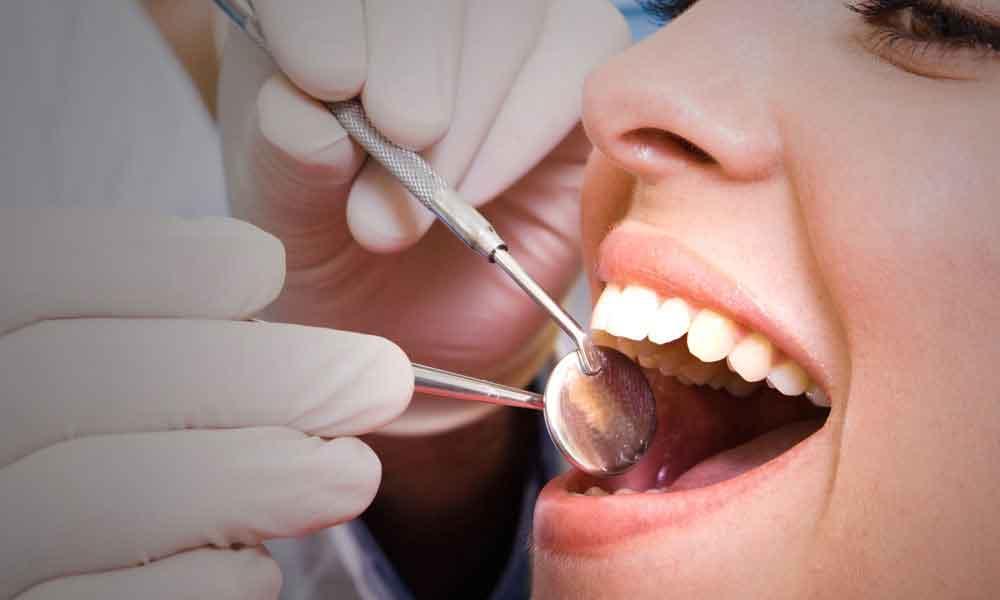For individuals seeking to restore their smile and oral function, dental implants offer a highly effective solution. As a cornerstone of full mouth reconstruction, dental implants provide a permanent and natural-looking foundation for artificial teeth. Under the guidance of an experienced dentist in Westwood, NJ, patients can achieve a beautiful, functional, and healthy smile that enhances their overall quality of life.
In this article we will delve into the realm of dental implants, their types, benefits, and procedure, and how they contribute to full mouth reconstruction.
What are Dental Implants?
Dental implants are artificial tooth roots made of titanium, a biocompatible metal that integrates well with the surrounding bone. These implants are surgically placed into the jawbone, where they fuse with the surrounding tissue through a process called osseointegration. Once the implant has healed, a dental restoration, such as a crown, bridge, or denture, is attached to the implant, restoring the natural appearance and function of the tooth.
Benefits of Dental Implants in Full Mouth Reconstruction
Dental implants offer several benefits in full mouth reconstruction, including:
- Stability and Durability: Dental implants provide a stable foundation for artificial teeth, allowing patients to eat, speak, and smile with confidence.
- Preservation of Bone and Tissue: Dental implants help preserve the surrounding bone and tissue, preventing the collapse of the facial structure and maintaining a more youthful appearance.
- Improved Aesthetics: Dental implants can be designed to mimic the natural appearance of teeth, ensuring a beautiful and natural-looking smile.
- Enhanced Functionality: Dental implants can restore chewing function, allowing patients to enjoy their favorite foods without difficulty or discomfort.
- Long-Term Solution: With proper care and maintenance, dental implants can last for decades, providing a long-term solution for patients with missing or damaged teeth.
What Are The Types of Dental Implants Used in Full Mouth Reconstruction?
Several types of dental implants can be used in full mouth reconstruction, including:
- Root-Form Implants: These implants are shaped like a natural tooth root and are used to replace single teeth or multiple teeth in a row.
- Plate-Form Implants: These implants are flat and wide, making them ideal for areas with limited bone density.
- Subperiosteal Implants: These implants are placed on top of the jawbone, rather than into it, making them suitable for patients with limited bone density.
- Mini Implants: These implants are smaller than traditional implants and are often used to support removable dentures or other temporary restorations.

The Dental Implant Procedure in Full Mouth Reconstruction
The dental implant procedure in full mouth reconstruction typically involves several stages, including:
- Initial Consultation: The patient consults with a dentist or oral surgeon to discuss their treatment options and determine if dental implants are suitable for their needs.
- Surgical Planning: The dentist or oral surgeon creates a detailed treatment plan, including the placement of dental implants.
- Surgery: The dental implants are surgically placed into the jawbone.
- Osseointegration: The implants are allowed to heal and integrate with the surrounding bone, a process that can take several months.
- Restoration: Once the implants have healed, a dental restoration, such as a crown or bridge, is attached to the implant.
Final Words
In conclusion, dental implants play a vital role in full mouth reconstruction, offering a reliable, long-lasting, and aesthetically pleasing solution for individuals with missing or damaged teeth. By providing a stable foundation for artificial teeth, dental implants can greatly enhance oral function, boost confidence, and improve overall quality of life. If you’re considering full mouth reconstruction, consult with a qualified dentist, to determine if dental implants are right for you and to start your journey towards a healthier, happier smile.


